Bangladesh’s foreign exchange reserves are in a stronger position than those in number of other developing countries as garments and foreign exchange remitted by Bangladeshi workers abroad are the main pillars of the economy.
“The impact of the Covid-19 pandemic on the economy, which is also constrained by the Russia-Ukraine conflict, cannot be denied. But the Hasina government is determined to keep the economy stable,” Dipanjan Roy Chaudhury, diplomatic editor of Indian newspaper The Economic Times (ET), wrote in an article on Monday.
It said in the early stages of the pandemic, many assumed that remittances would decline as many expatriates lost their jobs.
However, due to the success of the government’s diplomatic efforts, many Bangladeshis have returned to their workplaces abroad and they are sending back money at pre-pandemic rates.
The World Bank (WB)-International Monetary Fund (IMF) Spring Meeting in 2022 lauded Bangladesh for successfully implementing its policies to combat the Covid-19 pandemic and economic recovery from its effects.
Bangladesh itself has given a roadmap - Vision for 2041 - aimed at ending absolute poverty and graduating into higher middle-income status by 2031, and becoming a developed nation by 2041.
The country is making progress in several social and economic sectors, the article mentioned, adding from agriculture to pharmaceuticals and from shipbuilding to garments, the country's industrial base is diversifying and its exports increasing.
Bangladesh has its challenges, but authorities have responded to keep the economy on an even keel.
Government officials’ travel abroad is restricted, the taka has been devalued against the US dollar, remittances from abroad are rewarded with cash, and luxury goods are taxed, all of which are helping the country build up its reserves so it can easily meet import demand.
In the meantime, the government’s policy of raising exports and lowering imports is helping the economy recover.
From when (US Secretary of State Henry) Kissinger called it a 'basket case' in 1971, Bangladesh has come a long way. The recently inaugurated Padma Bridge stands out. The international agencies that had refused to fund it are now congratulating Bangladesh on its completion, the article added.
Linking the southwest of the country to the northern and eastern regions, the road-rail bridge (Padma Bridge) built at a cost of USD 3.6 billion was inaugurated by Prime Minister Sheikh Hasina on June 25.




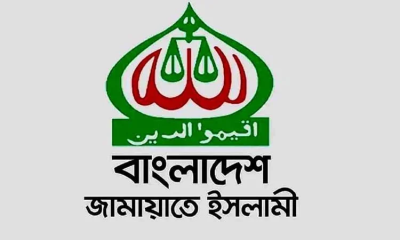
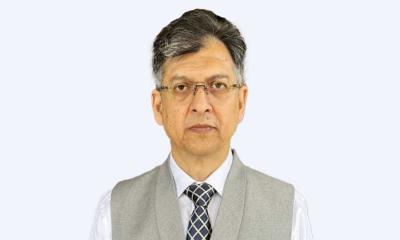
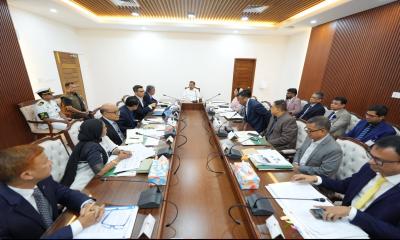
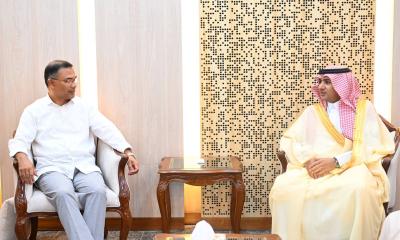


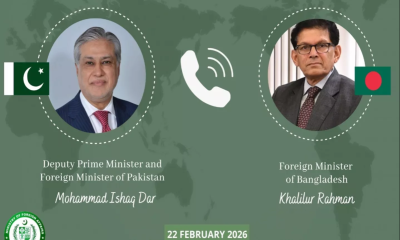



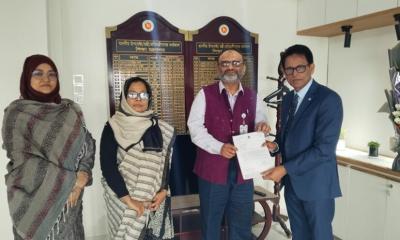

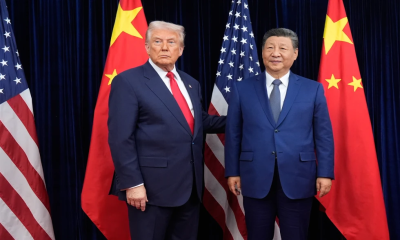
-20260222063838.webp)















